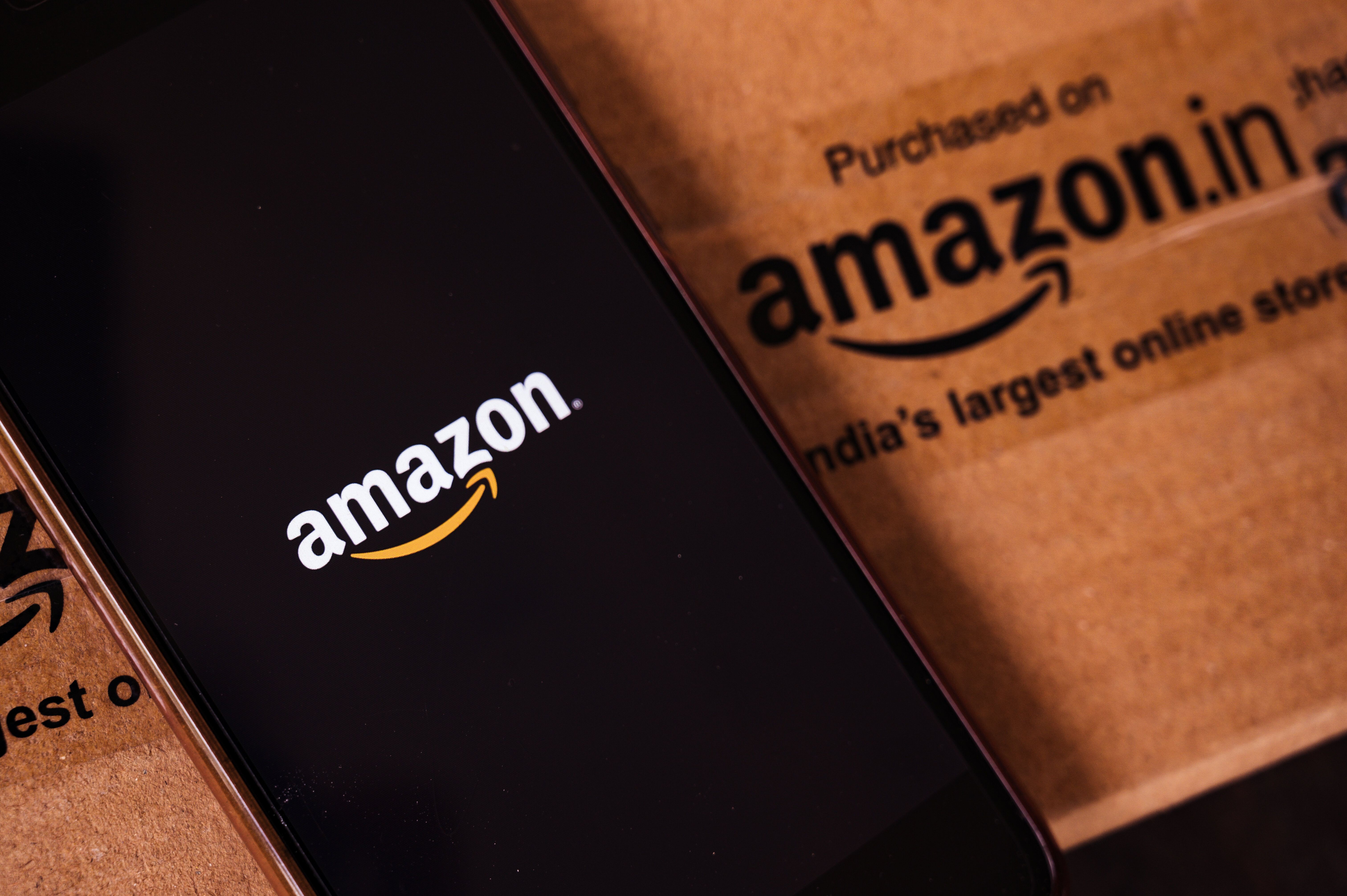
HuffPost may receive a share from purchases made via links on this page. Prices and availability subject to change.
The date is probably already marked in your calendars – but for a different reason. June 21 is not only midsummer and potentially the day we get full “unlockdown” in England, but it’s also Amazon Prime Day 2021.
Here’s your need-to-know guide about the day.
What is Amazon Prime Day 2021?
You probably already know this one, but it’s basically a day to save a lot of cash. Amazon has lots of deals across the whole site, from gadgets to homeware – and even booze.
If you were about to make a big purchase, you might want to hold out to see if you can save some money by buying it on Prime Day. Thank us later.
Okay, so when exactly is it this year?
It’s actually two days. Prime Day 2021 starts at 12:01am on Monday June 21 and ends at 11:59pm on Tuesday June 22. The deals will be on the official Amazon page.
Do I have to be an Amazon Prime member?
Well, yes, but there are ways around this, too. You can sign up and pay the yearly subscription fee of £79 (this also means you’ll get access to Amazon Prime TV and super quick delivery, btw). Or it’s £7.99 a month.
Or, you can sign up for a free 30-day trial and still access the sales. Just remember to cancel your membership before the 30 days are up and you won’t get charged a thing.
What else do I need to know?
In the lead-up to Prime Day, Amazon is running a campaign supporting small businesses. From Monday June 7 to Sunday June 20, Amazon will offer a £10 credit to use on Prime Day to members who spend £10 on items sold by UK small businesses, including products from Amazon Handmade and Amazon Launchpad.
To make it easier to support small businesses, Amazon has curated collections to connect shoppers with small businesses at amazon.co.uk/supportsmall. Or, Echo device owners in the UK can say “Alexa, shop small business” to discover products eligible for the spend £10, get £10 promotion.
Another bonus: Prime members will receive an additional £7 promotional credit, if they top up their Amazon account with £50 or more. (Guys, this is basically free money).
What Prime Day deals can we expect?
Well, Amazon says there are going to be more than two million deals. So there’s a lot to get excited about – but also a lot to sift through. Which is where we’re here to help. We’ll update you as soon as we know more, but at the moment, we’re told Prime Day 2021 will feature deals from top brands including LEGO, Bosch, Fitbit and Philips.
Previous years’ bestsellers in the UK included the Echo Dot, Fire TV Stick with Alexa Voice Remote, the Bosch Cordless Drill and Finish Dishwasher Tablets – apparently that’s the stuff people want!
What early Prime deals are on now?
Prime members can start shopping early exclusive offers and deals, including:
-
Amazon Devices: Save up to 50% off popular devices from June 7 – June 22, including Echo, Fire TV and Ring.
-
Amazon Music: Prime members who haven’t yet tried Amazon Music Unlimited can get four months free with unlimited access to more than 70 million songs ad-free and millions of podcast episodes.
-
Audible: Prime members get three months of Audible membership for just 99p this Prime Day. Membership includes an unbeatable selection of new releases, best sellers and Audible Original audiobooks and podcasts.
How do I get the best Prime deals?
Start making your wish-list now, so you can see whether they’re discounted during Amazon Prime Day. The main hub of deals will be on the Amazon Prime Day homepage. Remember: blue means deal – Prime Day deals are colour-coded, so look our for blue badges to save money. You can also get early deals with Alexa – no secret password necessary. Just ask!
There’s also Treasure Truck, where you can discover hand-selected product offers at amazing prices. You can opt-in at amazon.co.uk/treasuretruck or by opening the menu in the Amazon Shopping app and finding ‘Treasure Truck’ under ‘Programmes and Features’. You will receive text notifications whenever there’s something new to share.

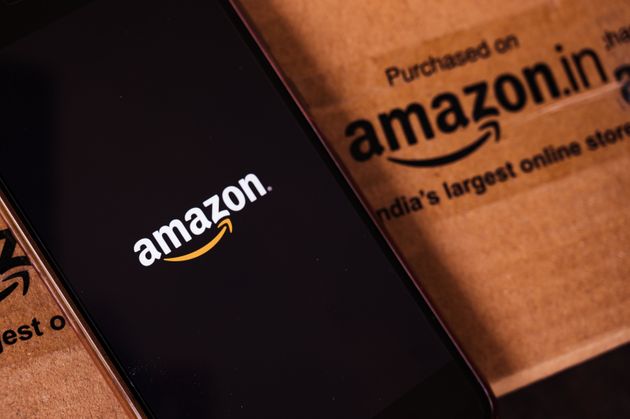

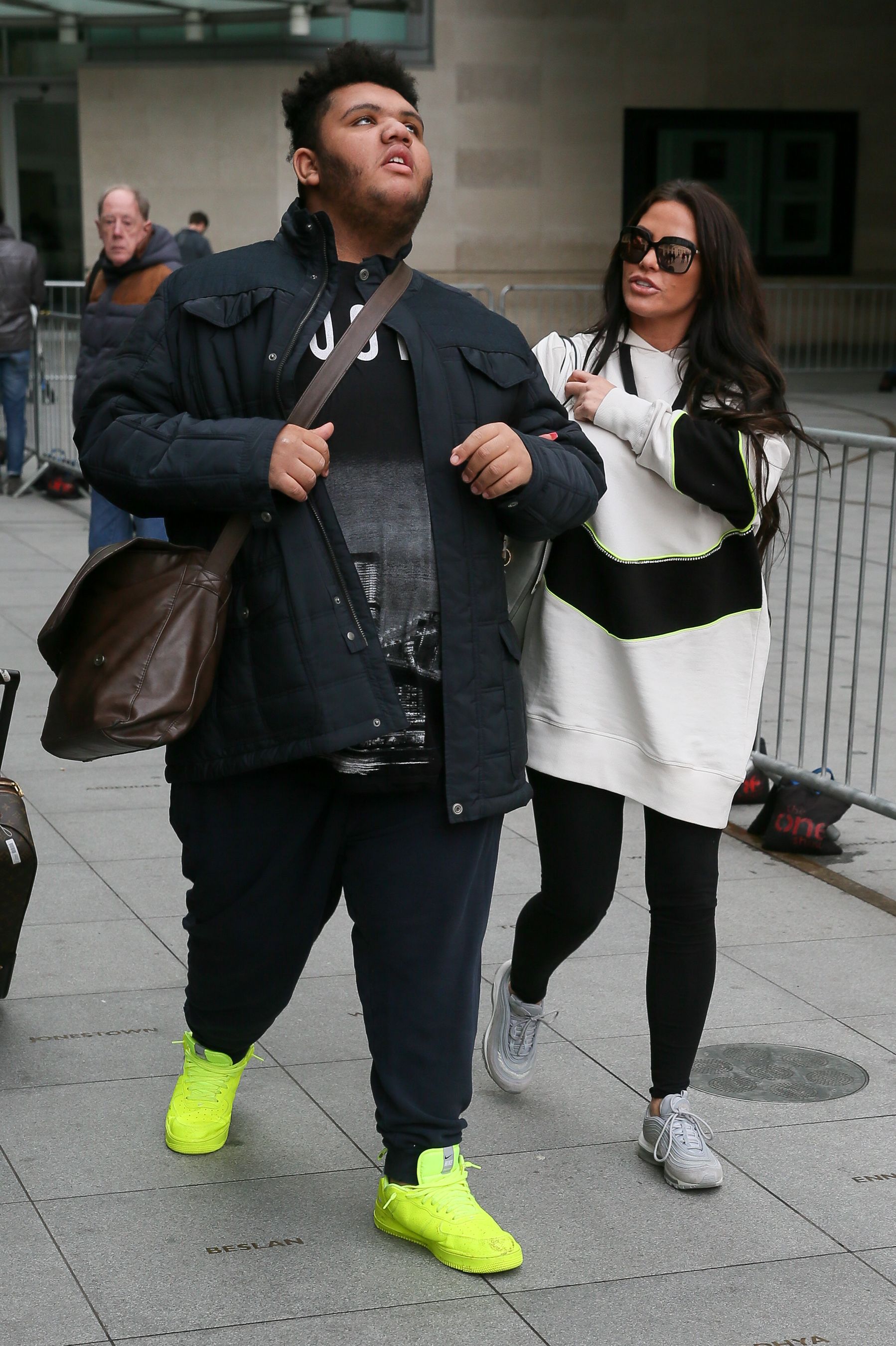
 ART
ART  (@salinesxlution)
(@salinesxlution) 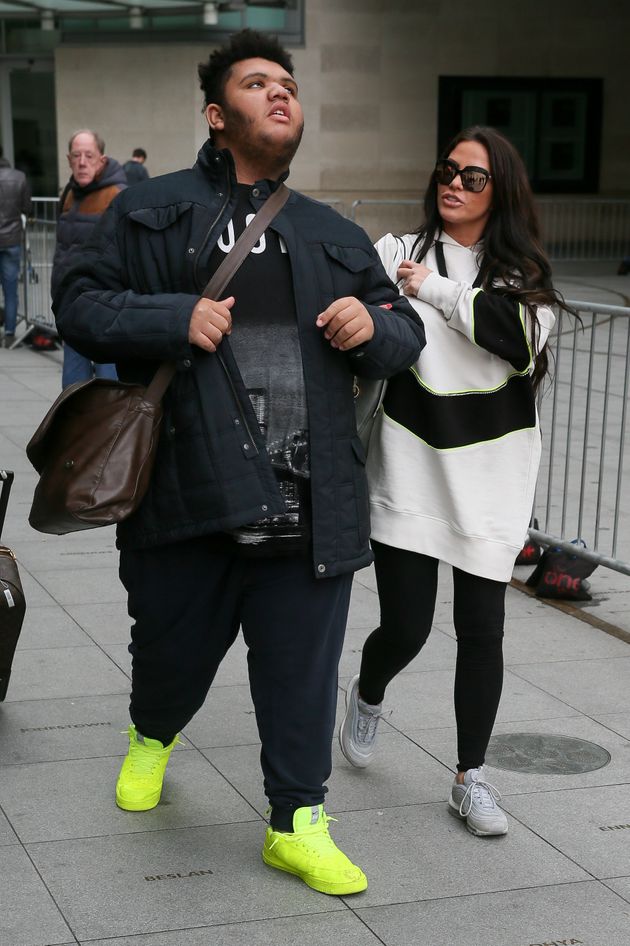
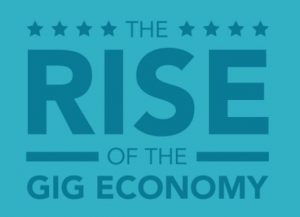 The New Yorker recently featured
The New Yorker recently featured 